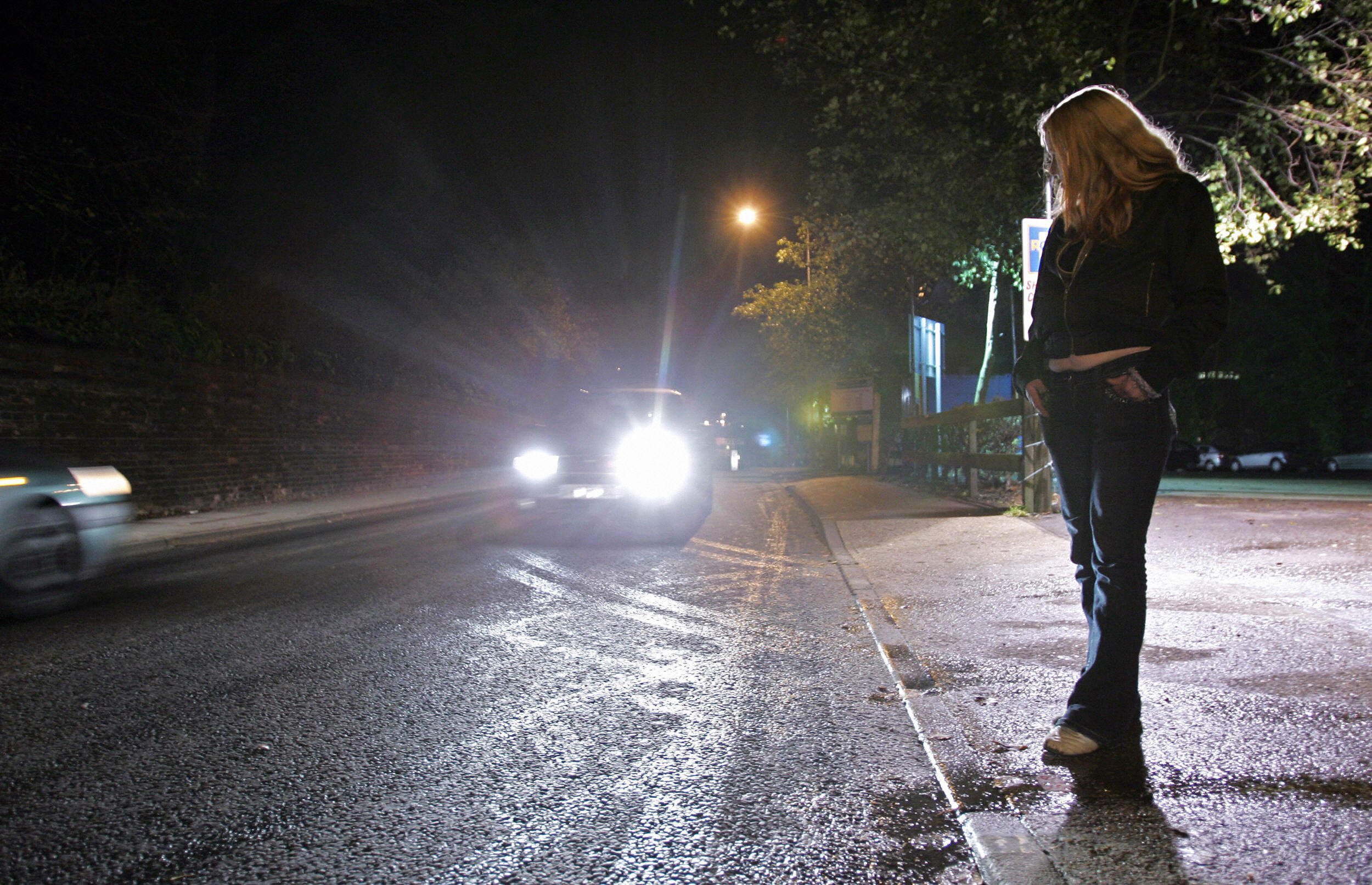On 25 October 2019, the Work and Pensions Committee published a report linking Universal Credit to ‘survival sex’.
Survival sex, as explained in the report, is when someone is forced to turn to sex work in order to get their basic needs, including money, food and shelter. This is significantly more likely with women but can also affect men.
Universal Credit was launched in 2013 in order to merge six different types of benefits (Child Tax Credit, Housing Benefit, Income Support, income-based Jobseeker’s Allowance, income-related Employment and Support Allowance, and Working Tax Credit) into one payment.
Universal Credit has several issues which are forcing people into finding money elsewhere. Among these is the waiting time for the first payment of Universal Credit, which is five weeks. In order for the system to work well, there should be almost no waiting time between the application being approved and payments being sent — particularly due to the nature of the benefits that Universal Credit replaces.
If someone is getting Universal Credit for what would have previously been income-based Jobseeker’s Allowance, an income which helps while looking for work, this is a payment that would be needed almost immediately when no longer in work.
Similarly, with housing benefits, a five-week waiting time almost always sets someone up for failure as rent is most commonly done on a monthly schedule, almost ensuring that they will miss their next rent payment.
The government attempts to solve the issue of the five-week wait by allowing an advance on the first month’s credit. Importantly, however, this must be paid back within 12 months and is taken out of the monthly credit. This monthly credit that has been calculated often covers only very basic needs; taking the advance out of the monthly credit forces people to find excess money elsewhere.
This is what can lead vulnerable people into prostitution to survive. One of the women in the inquiry said: “By the time I got [the advance payment], I had spent it, and then I was waiting another three to four weeks for my benefit… Even then when I got my benefit, they were taking £150 off my benefit, and I was left with £50.”
In a previous investigation by the Work and Pensions committee into the effects of the new system, the government was dismissive, arguing that the link between universal credit and what they called prostitution was not ‘causative’. It was not until the more recent report, calling on first-hand evidence from a number of women who were forced into survival sex, that the government apologised for the previous statement and highlighted that better understanding was needed on this issue.
By the nature of the UK’s Parliamentary system, the government and Parliament have somewhat of a competitive relationship. The winning party come into government with a manifesto that they want to push through Parliament, and Parliament must scrutinise this, and push to get the attention of the government on any issue they think are important but is not one of the government’s priorities.
However, this is a somewhat unhealthy relationship because the suggestions of Parliamentary committees, particularly when criticising the government, can lead to a defensive response, aiming to shut down any criticism rather than view them constructively.
Due to the government’s defensiveness over this issue, people are continuing to suffer, being forced to sell their bodies in order to get basic needs for not only them but for their family. This brings about questions of how the UK Parliament works more generally, particularly its competitive nature. Now that the government has acknowledged the issue, it must fix the problem it has caused.
Image Credit: metro.co.uk

